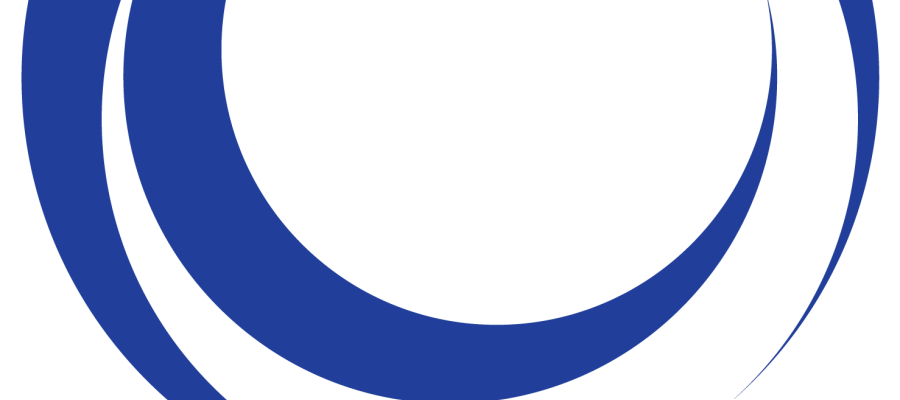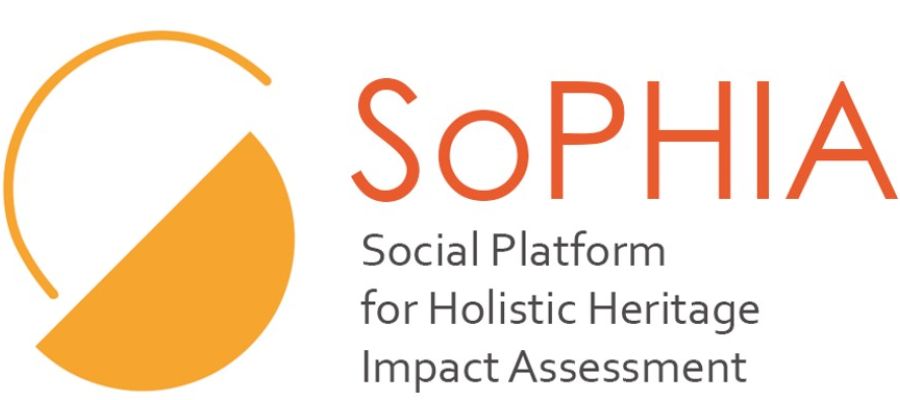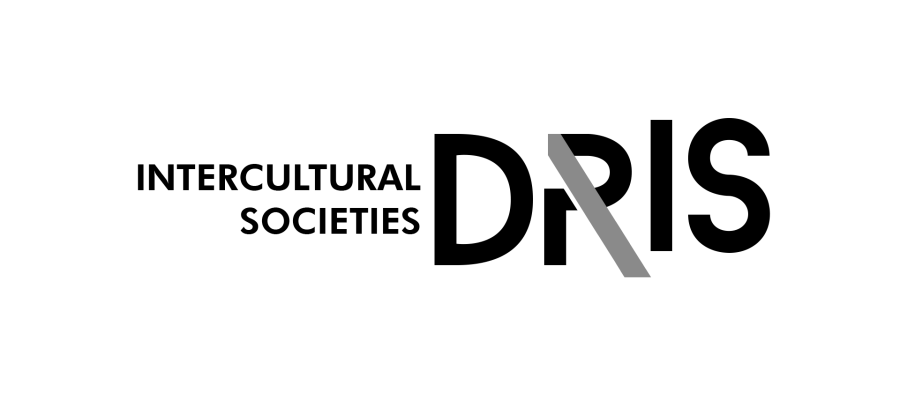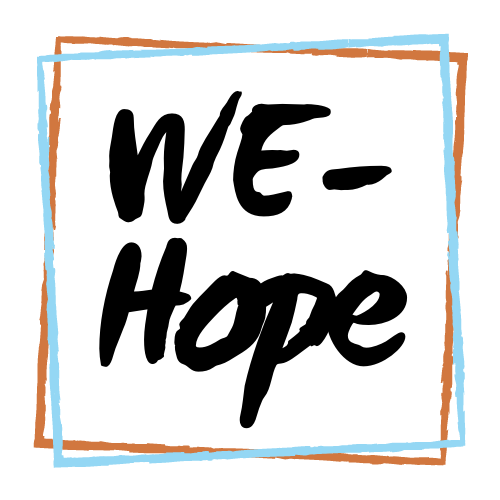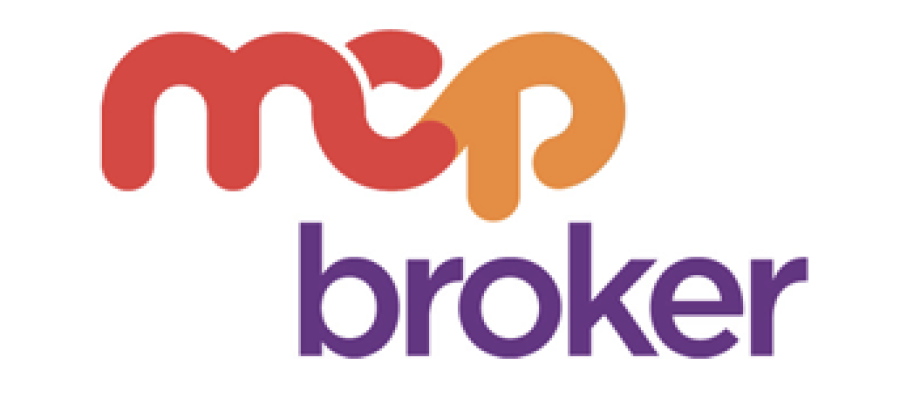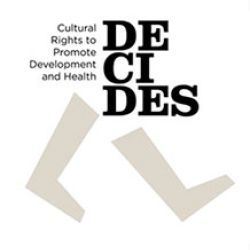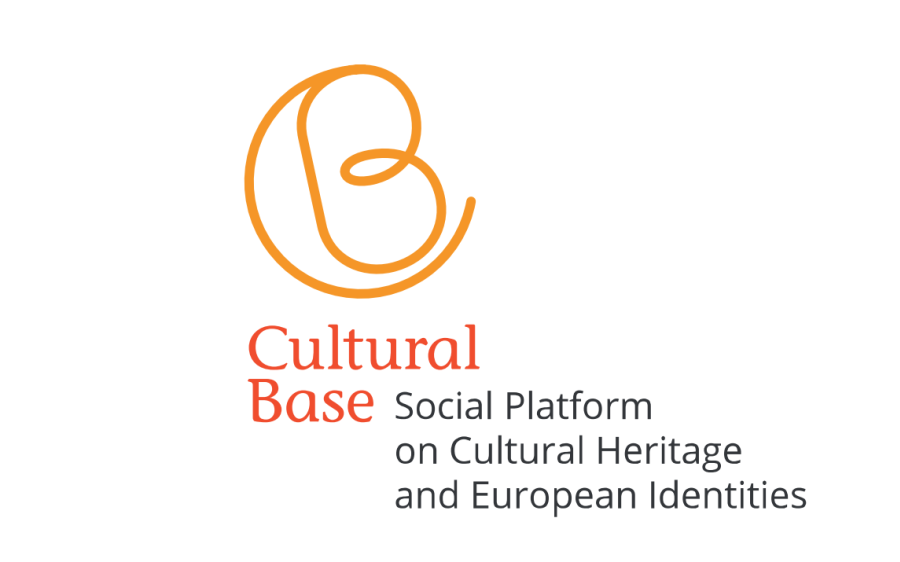Linked projects
In this section, you will learn more about the other initiatives related to MEMEX topics in which the Consortium partners are involved.
UNCHARTED - Understanding, Capturing and Fostering the Societal Value of Culture
UNCHARTED project studies the emergence of values connected with culture, their configuration and the political impulse that these values could deliver to the society. It also focuses on the valuation practices of the actors involved in cultural life, especially in the areas of cultural participation, cultural production and heritage, and cultural administration. From a European perspective culture has a very strong economic impact as it generates a high volume of employment, but it is also a powerful resource for fighting the main threats that undermine the peaceful coexistence in Europe. In this light, it is worth that cultural policies take into account the strategic plural values of culture.
These are currently fundamental challenges for Europe and the main areas in which the project plans to leave its contribution by developing new tools and guidelines for understanding, calibrating and managing the plurality of values of culture.
Social Platform for Holistic Heritage Impact Assessment
SoPHIA – Social Platform for Holistic Heritage Impact Assessment (in the framework of the Horizon 2020 work programme 2018-2020, Europe in a changing world: inclusive, innovative and reflective societies) aims to promote collective reflection within the cultural and political sectors in Europe on the impact assessment and the quality of interventions in historical environment and cultural heritage.
The way cultural heritage is preserved and enhanced is a major factor defining Europe´s identity and its place in the world. In this sense, high quality interventions in cultural heritage contribute to local communities´ well-being and to sustainable development from different angles. On the other hand, low-quality interventions may not only damage irreplaceable historical elements, their environment and related intangible heritage but also foster negative perception´s by society.
Under this rationale, SoPHIA´s work is aimed at creating a Social Platform, a vast and diverse community of stakeholders from different fields and disciplines, that work together towards the definition of an effective impact assessment model, quality standards and guidelines for future policies and programmes.
DRIS – Co-creating Intercultural Societies: a Focus on Racism and Discrimination
The DRIS project fosters intercultural dialogue between migrant and local communities through artistic and cultural co-creation, by facilitating intercultural spaces where to generate new narratives and bonds. It also advocates for inclusive social transformation in alignment with the principles of justice, equity, gender equality, well-being and quality of life promoted by the 2030 Agenda. DRIS is co-funded by the Creative Europe programme and is implemented by Interarts (Spain, lead partner), ECCOM (Italy) and ITZ (Germany).
DRIS puts the spotlight on three European cities, Barcelona, Rome and Berlin, where it will deploy a training programme to tackle issues related to cultural diversity and democracy; stereotypes and new forms of discrimination; intercultural communication, mediation, new narratives and safe spaces.
WE-Hope – Out of Crisis Experiences – Hope for the Future
The motivation of WE-Hope is to promote multiculturalism through sharing experiences of surviving crisis across generations, thus bringing ‘old’ Europe and ‘new’ Europe closer together in a common framework of hope for the future. This aim addresses the needs and challenges of social cohesion and inclusion, and the stresses resulting from anxiety about ‘others’ and social fracturing. WE-Hope is building a website : repository of stories and creating an artwork inspired by those stories, creating educational resources and engaging with identified audiences who will add and reuse content.
WE-Hope project works with migrant and refugee communities and underrepresented groups in order to valorise their multiples voices in the making of a common European cultural heritage. By bringing into dialogue stories of civilians subjected to several acts of barbarism and of people who have more recently escaped war and conflict to find a refuge in Europe. WE-Hope aims to promote listening and learning as well as creating opportunities. Artists will acquire new understanding of the variety social contexts of inclusion and exclusion in different European countries and will be encouraged to reflect this understanding in their work, so that they become positive change agents.
Brokering Migrants Cultural Participation - MCP Broker
Brokering Migrants' Cultural Participation (MCP Broker) was a European project that emerged from the need to provide public cultural institutions with mechanisms and tools to improve their management of cultural diversity. Thereby the project seeked to study the situation of diversity in cultural institutions in 5 European countries, and the adoption of a framework to guide cultural institutions in the management of cultural diversity.
Participating cultural institutions were evaluated on their integration in society, specifically as regards issues related to migration. MCP Broker is a project which studied the role of cultural institutions as actors in societies that integrate migrants. It questions how these adapt to the new demographic composition of our society; it also analyzed how institutions react to the new cultural and social flows and foresees (or not) integration mechanisms. The MCP Broker project was funded by the European Commission-Directorate General Home Affairs, and coordinated by Interarts with the participation of four partners from different EU countries: Austria (Educult), Belgium (Culture Action Europe), Italy (Eccom) and Sweden (Intercult).
DECIDES Europe - Preventing Gender-Based Violence, the Youth's Outlook
DECIDES Europe is a project that aims at contributing to reduce Gender Based Violence (GBV) in three European countries, Denmark, Romania and Spain. Started in September 2018, it seeks to contribute to the prevention of gender-based violence (GBV) by improving the awareness of young people about all forms of GBV, its causes, consequences and providing tools to prevent, recognize and counter it in Denmark, Romania and Spain. The beneficiaries of the project are young students, aged 15 to 18, school staff, such as teachers, counsellors and school managers, parents, and vulnerable groups such as young people and young migrants. The project also aims to encourage local authorities and schools involved to set up a common framework or protocol of action to address GBV in the educational system.
CulturalBase: Social Platform of European Identities and Cultural Heritage
CulturalBase. Social Platform on Cultural Heritage and European Identities (in the framework of the Horizon 2020 work programme 2014-2015 Europe in a changing world: inclusive, innovative and reflective societies) aimed to address the topic of Heritage and European Identities from a double standpoint, namely, an analytical as well as a public policy perspective. Since the second half of the last century, culture has experienced a profound mutation, through which its position and role in the social dynamics have been transformed. Whereas it was previously confined to a purely superstructural position, it now constitutes an essential basis of today society.
In the context of cultural digitization and globalization the entire cultural ecosystem has changed, which has radically altered and at the same time, intensified the relationship between cultural identity, cultural heritage and cultural expression. This transformation has occurred both at the level of the professional cultural sector as well as in society as a whole. The project developed a common approach on key issues related to cultural heritage and European identities through academic research and a shared process of structured content production in three main areas: cultural memory, cultural inclusion, cultural creativity.

The public value of Culture for Social Cohesion and Urban Development in Africa - Culture at Work Africa
Culture at Work Africa takes up the challenge raised by the African Union and its vision for 2063 for an integrated, prosperous and peaceful Africa, driven by its own citizens and representing a dynamic force in the international arena. To achieve the aforementioned, Culture at Work Africa carries out a wide range of activities including the support to innovative on-the-ground projects aiming at developing safe and neutral spaces for intercultural dialogue, active citizenship and intercommunity relations, training and capacity-building of cultural operators, public authorities and cultural mediators, networking and exchanges between different stakeholders, as well as awareness raising on the importance of culture and cultural diversity for sustainable human development.




